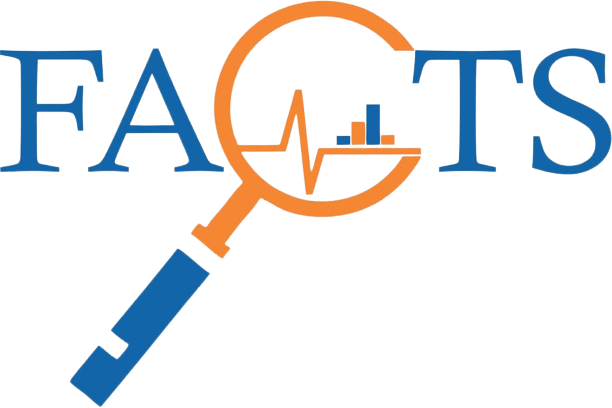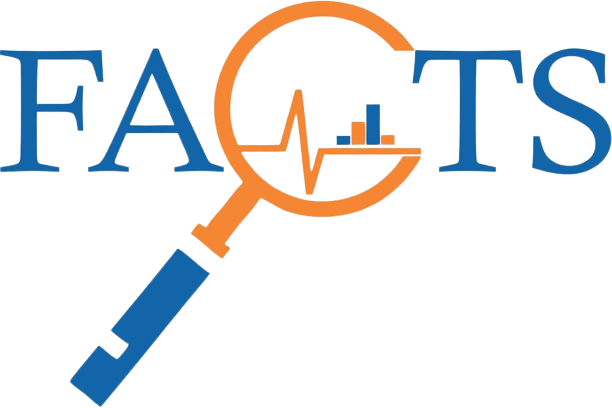TeamFrequently asked question
The cost will depend on a number of factors including the format and cleanliness of the data, the complexity of the analysis as well as the deliverables that are required and as such each project is costed on an individual basis. We will work with you from the initial enquiry to understand your data and requirements so that we can put together a proposal for the work together with a breakdown of the potential costs involved.
Depending on the type of project and your preferences, we can either offer a fixed fee or work at an hourly rate. The latter is usually offered when it is not possible to precisely estimate the number of days required to carry out the work before starting the project. This could be because we do not yet have the full data available or the project must be carried out in phases, where the deliverables of each phase depends upon the results of the previous and therefore cannot be precisely defined in advance. In this case, the benefit of using an hourly rate is that it may work out cheaper and will also build more flexibility into the project, making it easier to refine the scope as the project progresses.
We have a standard contract that we typically use for any work that we carry out. However, if you would rather work under your own company’s contract we are happy to work in this way too.
- Data
Select operate to the highest standards of data security and confidentiality. We have a standard Non-Disclosure Agreement (NDA) that we can send to you before you provide us with any details about the project or data. Data access is strictly controlled and our IT systems are fully secured against external intrusion. For security reasons we are unable to publically provide full details of the precautions we take to secure our clients’ data, but an outline of our security precautions is available to any of our clients on request.
We can receive data in almost any format. Comma separated variable (CSV) files are perhaps the most common as nearly all data management tools are able to both produce and read data in this format. We are also happy to receive Excel files or SQL-based database tables. We’ve dealt with files in pretty much every format and we are happy to discuss bespoke solutions to deal with data in proprietary formats for example.
- General
All of our consultants have extensive training and experience on statistical consultancy and research and/or data management as appropriate. All of our statisticians hold a relevant Bachelors or Master’s degree and most have a PhD in statistics. Many also have post-doctoral statistical research experience in academia as well as industrial and/or consultancy experience.
The initial consultation can last from anything between 30 minutes and two hours depending on the scale and complexity of the proposed project. We will ask you to explain the history of your project and to outline what (if any) data you have. We will also ask you to explain what outcome you hope to achieve from the project, what your timescales are and how you think we can contribute. We will ask you questions where we require additional clarification and we may ask you to show us some of your data. We will then outline how we think we can contribute to your project and discuss with you what form of service best meets your needs. If, between us, we agree that we should work together on your project we would normally send you a summary of the work we propose undertaking for you, together with the associated cost and also a contract for you to sign and return to us.
Where possible we will work to your timescales and, when necessary, we can often complete projects quickly. It really helps to let us know in advance if you will require a project to be completed within a short time frame so that we can schedule in the appropriate resources and ensure that we can meet your timescales. Unfortunately, it is unlikely that we will be able to carry out a piece of work within one or two days of an initial enquiry as our consultants will usually be committed to other client work.
Being based in the East Africa some of our clients are not local, but we don’t find this to be a hindrance and the majority of our project work is completed entirely remotely. When email communication is not sufficient, we have state of the art facilities on site that allows us to easily set up teleconferences, skype calls and video conferencing. If you would like us to visit you onsite, then we will need to cover our costs in making the trip. This usually means we would charge reasonable travelling expenses and charge you for an agreed amount of time. Any costs such as this would always be agreed with you in advance.
We will always keep you updated with the progress of your project. For shorter projects, we will be in regular email contact to both provide details of progress and initial results as well as to ask any questions that we encounter as we carry out the work. For projects that last for longer periods of time (weeks or months) then we would set up a more formal communication plan (in addition to more informal emails), which would usually take the form of a regular teleconference.
We routinely use R to carry out the majority of our statistical analyses, but have experience of using other software such as SPSS, SAS and MySQL. If you have a preferred software package that we have prior experience of using, then we will be happy to use it for the analysis. When this is not possible we will do our best to recommend an alternative provider to meet your needs.
The majority of our projects depend entirely upon both the availability and quality of data we need. In most cases, we have access to the data in advance and are able to create and agree an appropriate analysis plan before beginning the project. However, until we start using the data in earnest, there are instances when the data does not contain the information required (for example, there are more missing data than originally anticipated) or standard analytical approaches are not appropriate (for example, we find that the data suffers from multicollinearity or linear separation). When this occurs we will always get in touch to explain the issues that we have encountered and discuss the various other analysis options that are available. These types of issues are unlikely to mean that the project is not possible, rather that we have to consider alternative approaches than those that we originally had in mind.
The final product of the project is entirely up to you. Most of our clients choose to receive a written report of the work done and the conclusions made. This is often supplemented by either an informal verbal summary or a more formal presentation depending upon your requirements. There are other projects that require more complex outputs, such as a web-based interactive modelling tool or computer code written so that it can be included in a client’s internal system. Whatever the outputs, the form of the final product will be agreed before the project begins so that we can be sure that you receive exactly what you need. Of course, the conclusions cannot be guaranteed!
Sub-contracting Projects
Projects, or components of them, may occasionally be subcontracted to members of our consultancy network where that is to the advantage of the project. For example, it may sometimes be useful to bring in specialist expertise or perhaps to provide a local contact who can work more easily (and cheaply!) with you if frequent face-to-face meetings are necessary. Work will only ever be subcontracted with the prior knowledge and consent of the client.
Whilst we might occasionally ask a member of our consultancy network to contribute to a project, Select is wholly responsible for the finished product. All of our freelance consultants work to the same high standards that we do, but we will still double-check all work undertaken by subcontractors before adding their work to our final reports.

KM5-Zobe
Tel +252612210210
Email: info@farcts.com

October
Tel: +252612210210
info@farcts.com

Arwings Kodhek Road
Tel: +254701027472
Email: info@farcts.com








